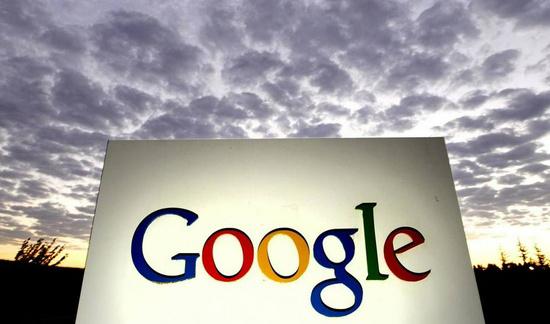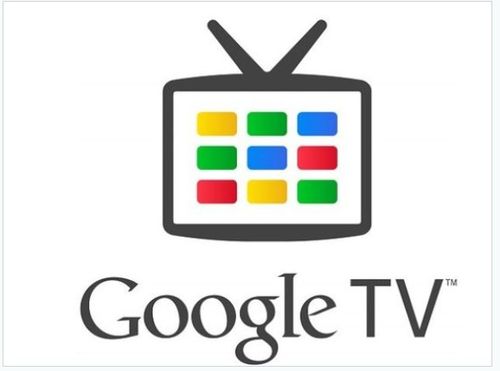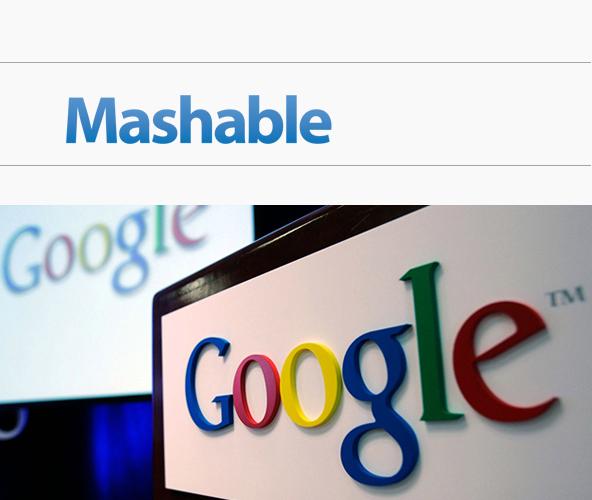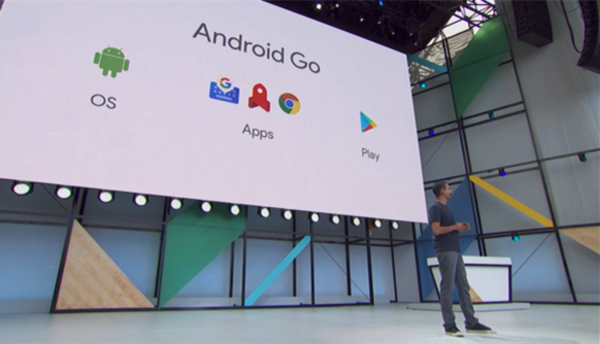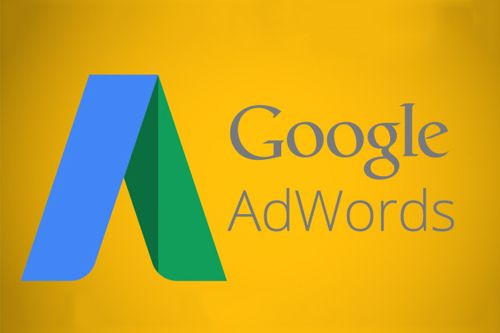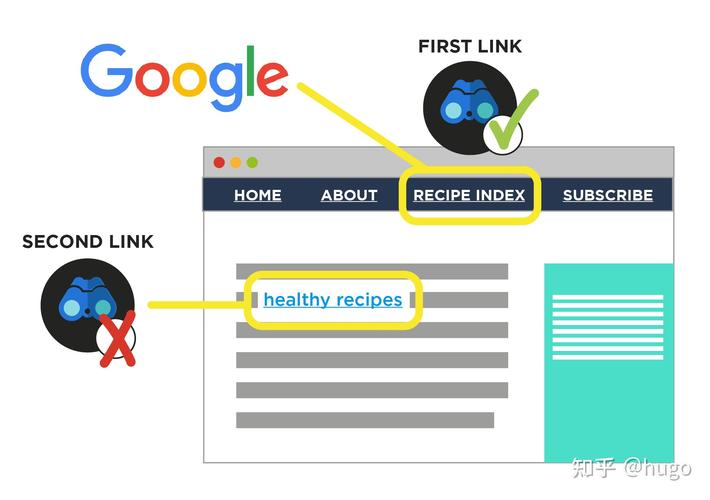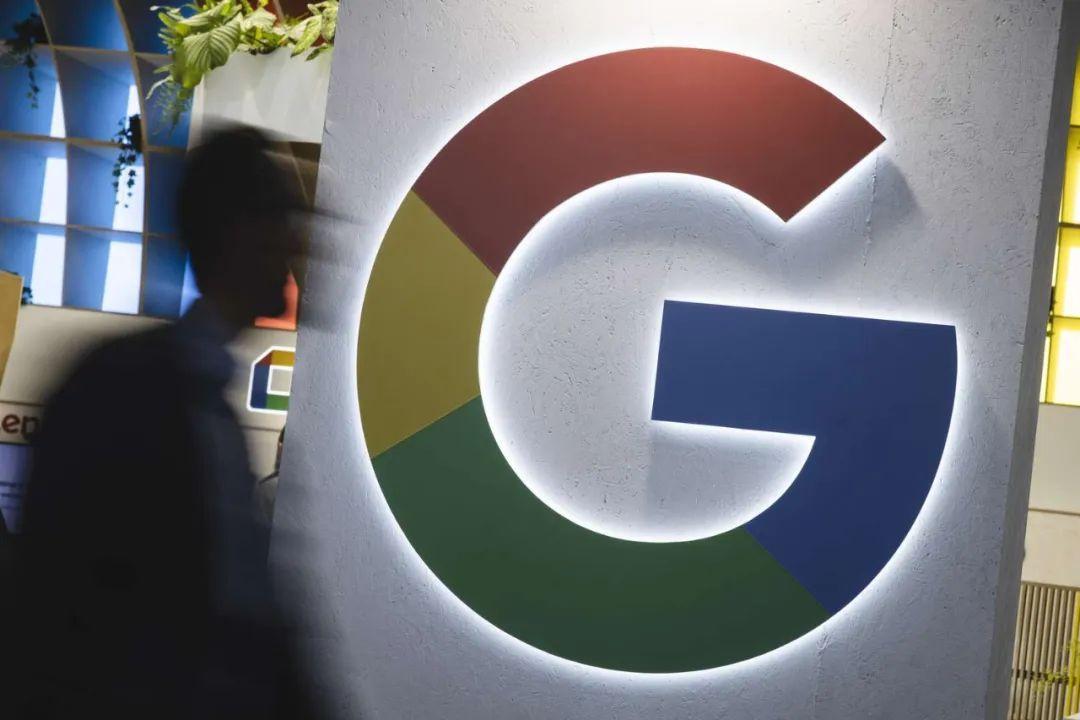Sony’s New Public Viewing Display Optimized for Sunlight
Sony has unveiled a new public viewing display built to deliver clear visuals even in direct sunlight. The screen uses advanced brightness and anti-glare technology so people can see content clearly outdoors. This makes it ideal for use in busy urban areas, transportation hubs, and outdoor advertising spaces.
(Sony’s New Public Viewing Display Optimized for Sunlight)
The display maintains high contrast and color accuracy under harsh lighting conditions. Sony achieved this by combining a powerful backlight system with a special surface coating that reduces reflections. Images stay sharp and readable from wide angles, which is important for public settings where viewers stand at different positions.
This new model is part of Sony’s effort to meet growing demand for reliable outdoor digital signage. Cities and businesses need displays that work well all day long without losing visibility. Sony’s solution addresses this need with consistent performance in bright environments.
The display also includes features for easy installation and remote management. Operators can update content and monitor performance from a central location. This helps reduce maintenance costs and keeps information current without extra effort.
Durability was another key focus during development. The unit is built to withstand rain, dust, and temperature changes. It meets industry standards for outdoor electronic equipment, ensuring long-term reliability in various climates.
Sony plans to start shipping the display to commercial partners next month. Early feedback from test sites shows strong interest from advertisers, transit authorities, and retail operators. The company expects the product to support a range of applications, from real-time transit updates to dynamic storefront promotions.
(Sony’s New Public Viewing Display Optimized for Sunlight)
This launch reflects Sony’s continued investment in visual technology that works in real-world conditions. The display fills a gap in the market for outdoor screens that do not wash out in sunlight.








